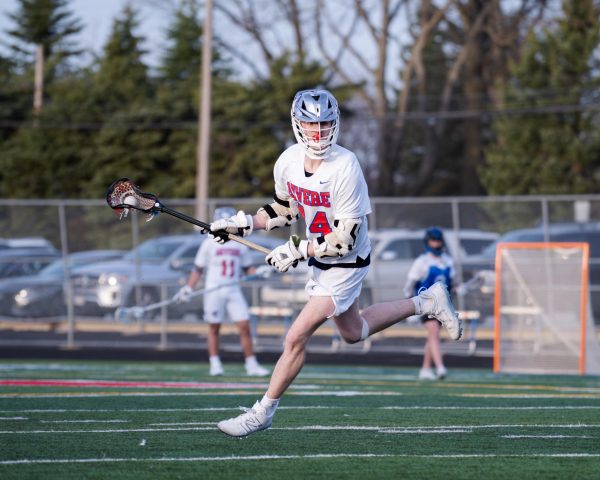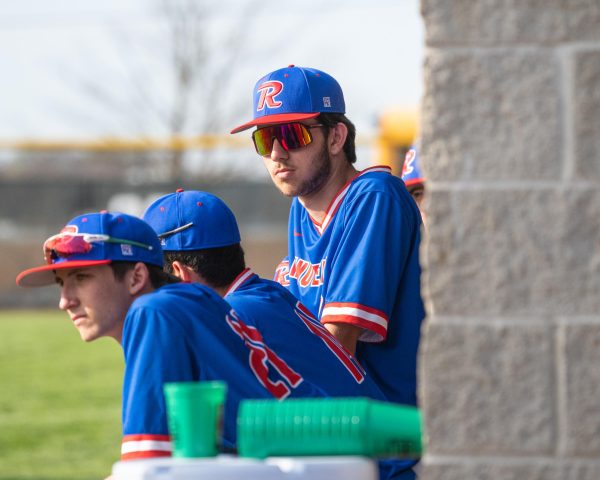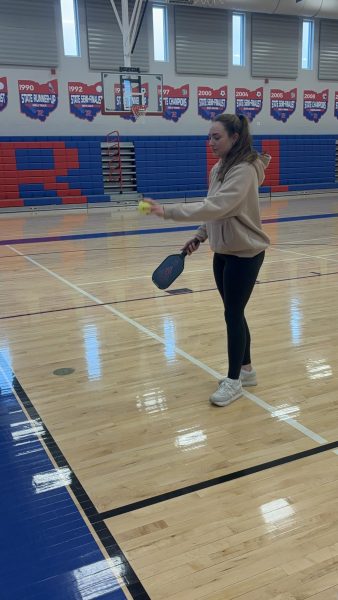Specialization limits opportunities, skill set

In high school, your guidance counselors tell you to become involved in several activities to develop a repertoire to attract colleges, because colleges select admitted students based on the applicant’s broad range of accomplishments. Variety and exposure to many different activities is considered highly beneficial as individuals can develop an extensive list of skills, while gaining knowledge and overall ability. So, why are “one sport athletes” becoming more popular in the sports world if being involved in multiple activities is more beneficial?
Patrick Welsh, a member of USA Today’s board of contributors, states that now it is no longer enough to play a sport for a neighborhood team or in a recreational league, because kids are made to feel like second-class underachievers unless they make a city’s “traveling” or All-Star team. He goes on to say that some kids even refuse to play on high school teams because they will get more exposure and face more competitive teams just playing on club teams. In Welsh’s article “One-sport athletes: A losing proposition for kids,” Mike Porterfield, who coached the U.S. women’s rowing pairs to a bronze medal in the Sydney Olympics, stated that coaches now tell kids that if they do not specialize in one sport all year round, they will be left behind. This, of course, prompts a rash decision (usually made by the parents) to dump whatever other sport the kid plays so the kid will not feel left out or inferior. In other words, kids these days are being practically pressured into committing to one sport at a young age, so they can try to reach an elite level to get recruited faster; however, this expedited process, though seeming beneficial to athletes, actually proves to be harmful to not only the athletes but also coaches and even whole athletic programs.
Specialization, or the focus on only one sport, requires that athletes drop the other sport from which, according to Tom Fakehany, Board Chair and Rules Advisor for California Central Collegiate Volleyball Officials Association (CCCVOA) Website, Rules Adviser for USA Navy Leagues and numerous USA Air Force Bases around the world and the Master Instructor for the San Fernando Valley Unit of the Southern California Volleyball Officials Association, they may miss out on valuable contacts with coaches and transferable physical and conceptual skills as well as a sport that gives them more enjoyment. Also, undergoing the process of specialization at a young age, along with the added amount of stress can result in psychological and physiological burnout. Additionally, specialization can increase rifts among coaches in the school for the best athletes and also reduce the talent pool of athletes for all sports drastically. According to the article “What About the Single Sport Athlete? Specialization Part II,” another disadvantage of the “one sport focus” is the risk of adult inactivity. A study by The Ohio State University found that children who specialized early in a single sport led to higher rates of adult physical inactivity, because if they commit at a young age they are often the first to quit later. Also in a study of 1,200 youth athletes, Dr. Neeru Jayanthi of Loyola University found that early specialization in a single sport is one of the strongest predictors of injury; athletes in the study who specialized were seventy to ninety-three percent more likely to be injured than children who played multiple sports.
Most people become entranced by the “one sport focus” idea because of their favorite professional athlete; this idolization of an athlete causes them to devote their time to one sport in hopes of achieving that status. There is nothing wrong with trying, and in some cases, athletes choose to devote their time to one sport because of their passion for that particular sport. There is absolutely nothing wrong with that; I am just saying playing multiple sports has its benefits.
Multi-sport participation, according to the article “What About the Single Sport Athlete? Specialization Part II,” creates better overall skills and ability, and research even shows that early participation in multiple sports leads to better overall motor and athletic development, longer playing careers, increased motivation and confidence. Other benefits include becoming better decision makers, gaining an increase in creativity and creating more fostering friendships.
Specialization, though it may work for some, produces more negative outcomes than positive ones. By limiting oneself to only one sport, one can miss out on finding another passion of his or hers, other beneficial skills and even relationships.









